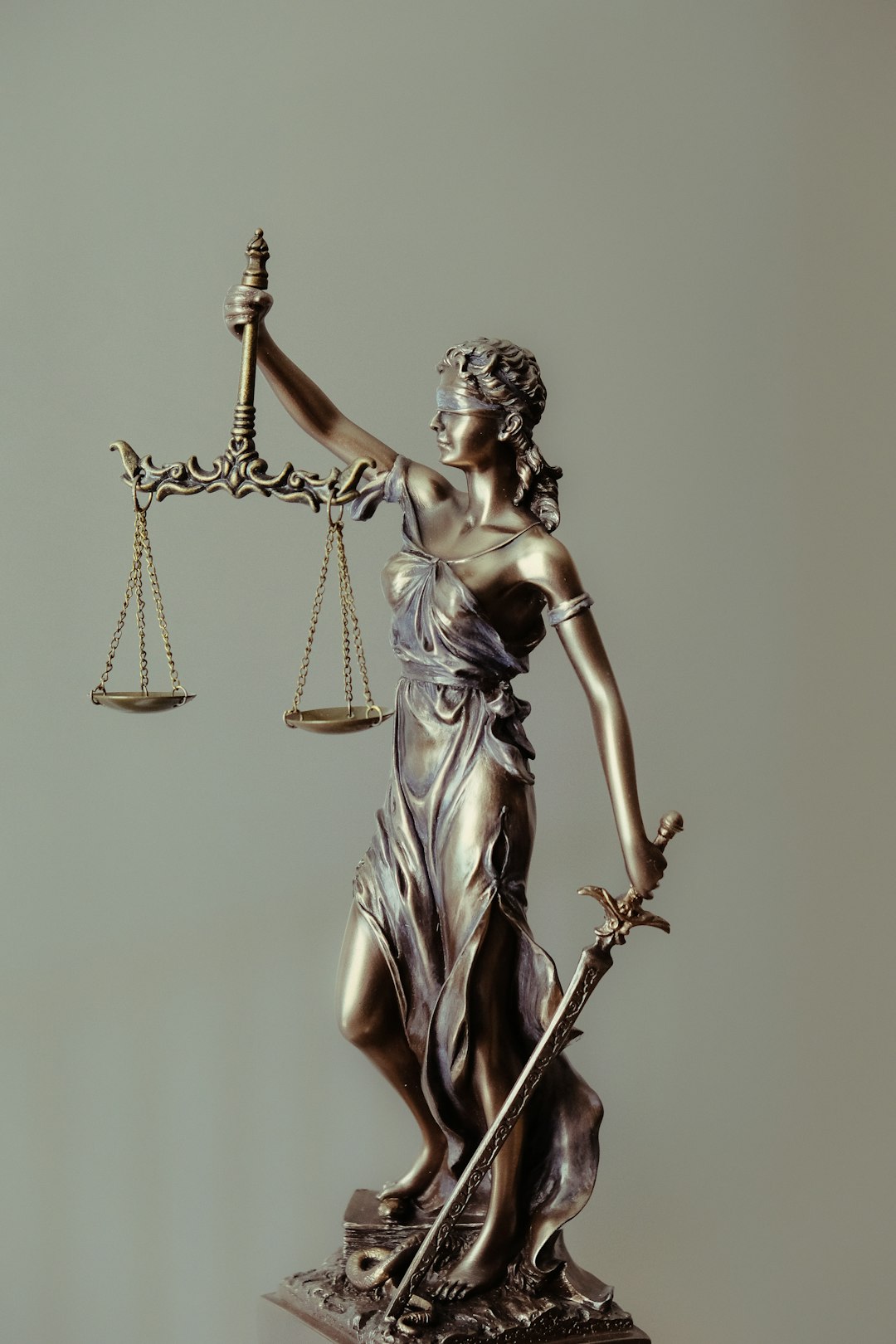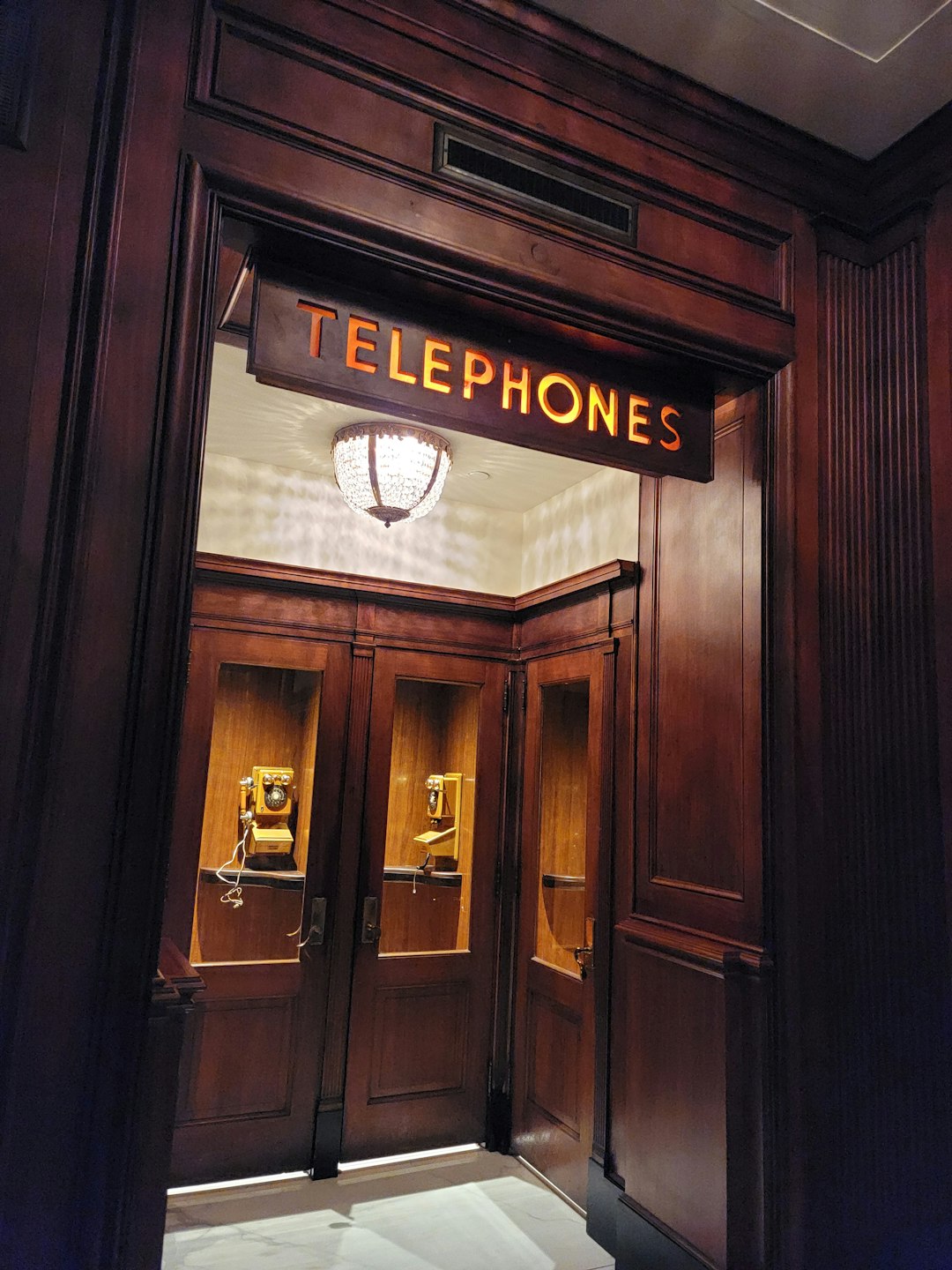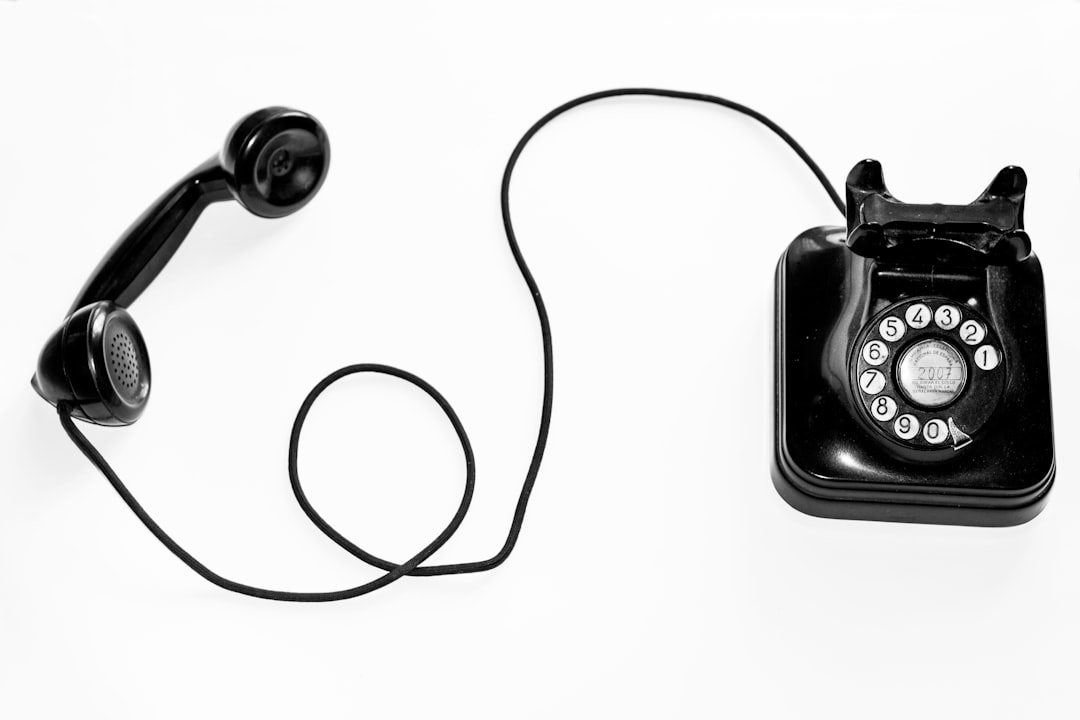Robocalls from autodialers are a common problem in Dover, Delaware. Unwanted calls violate the TCPA unless prior consent is given. Consulting an autodialer Lawyer Delaware helps understand and assert rights against such calls. Combine blocking apps, "Do Not Call" registries, reporting, community action, and legal counsel for robust solutions.
Tired of unwanted robocalls disrupting your peace in Dover, Delaware? You’re not alone. This comprehensive guide navigates the legal landscape surrounding robocalls in Delaware and provides practical steps to stop them. Learn how an autodialer triggers legal action and explore effective strategies for shielding yourself from future calls. Moreover, discover when consulting a lawyer is crucial and understand your rights and legal recourse. Take control of your phone today!
Understanding Robocalls and Their Legal Standing in Delaware
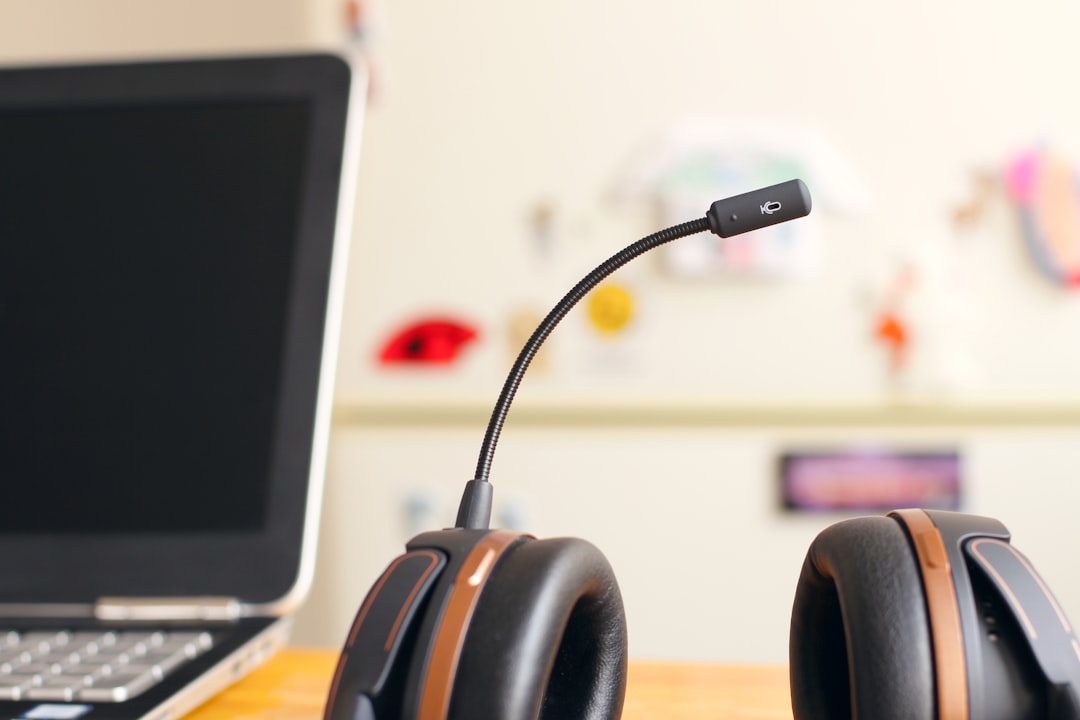
Robocalls, automated phone calls originating from an autodialer, have become a pervasive issue across the United States, including Dover, Delaware. While some robocalls are legitimate, such as those from banks or government agencies, many are not—they’re often used for marketing purposes by businesses aiming to reach a large number of people. In Delaware, as in many states, there are laws in place to protect residents from these unwanted calls, specifically the Telephone Consumer Protection Act (TCPA). This federal law restricts how companies can use autodialers and requires prior express consent before making automated calls for marketing purposes. If you’re facing a surge of robocalls, consulting with an experienced autodialer lawyer in Delaware can help you understand your rights and options for legal recourse.
What Is an Autodialer and How Does It Trigger Legal Action?

An autodialer, also known as an automatic dialing system, is technology designed to automate the process of placing telephone calls. It sequentially dials a list of numbers at high speed and volume, often without human intervention. While legitimate businesses may use autodialers for marketing purposes, their misuse can lead to unwanted robocalls.
In Delaware, the use of an autodialer to make unsolicited telephone calls, commonly known as robocalls, is regulated by state laws and federal regulations, such as the Telephone Consumer Protection Act (TCPA). If a caller uses an autodialer without prior express consent, it can trigger legal action from both individuals and governmental bodies. An autodialer Lawyer in Delaware can help victims of such calls understand their rights and pursue appropriate remedies, which may include monetary damages and injunctions against the offending party.
Taking Action: Step-by-Step Guide to Stop Unwanted Calls

Unwanted robocalls can be a nuisance, but taking action to stop them is within your reach. Here’s a step-by-step guide tailored for Dover, Delaware residents facing this issue. Start by identifying the source of the calls using blocking apps or tools that record caller IDs. If the calls persist and you suspect they involve an autodialer, consider consulting with an experienced autodialer Lawyer Delaware. They can help you understand your legal rights and options.
Next, register your number on national “Do Not Call” registries like the National Do Not Call Registry (NDNC). While this won’t block all robocalls, it significantly reduces their frequency. Additionally, report excessive or suspicious calls to your local public utility commission. Many states, including Delaware, have regulations in place to combat unwanted telemarketing calls. Finally, share your experiences and spread awareness among neighbors and community members to collectively push for stricter autodialer regulation and protect against intrusive robocalls.
Consulting a Lawyer: Your Rights and Legal Recourse in Dover
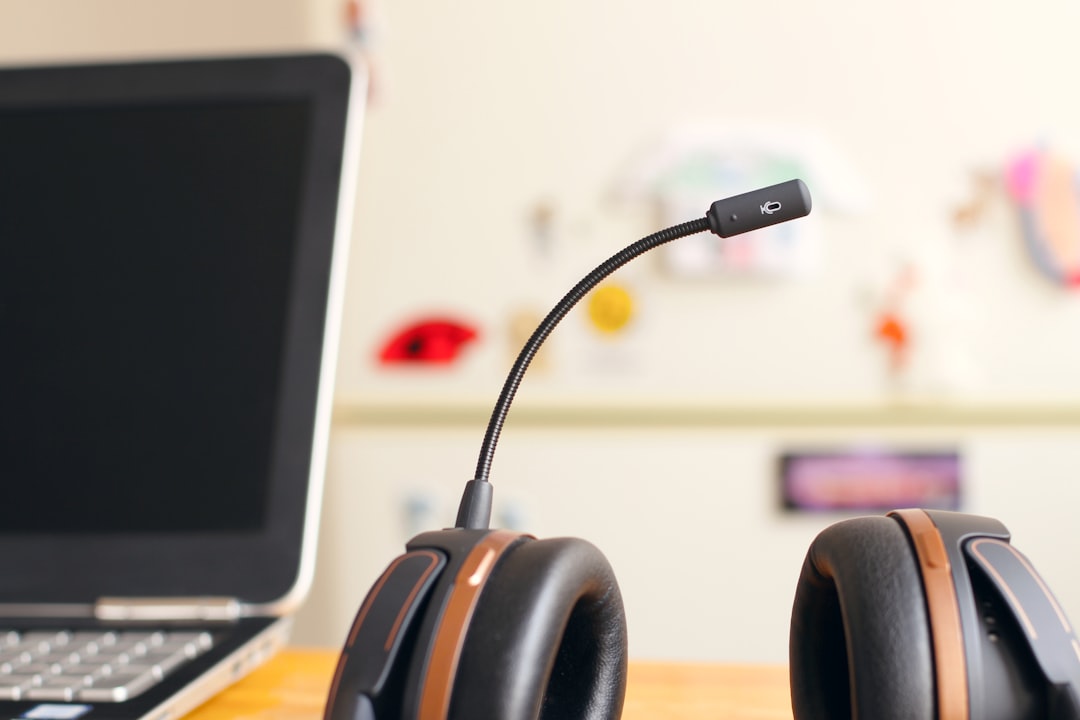
In Dover, Delaware, as in many places, unwanted robocalls can be a persistent and frustrating problem. If you’re experiencing this issue, consulting an autodialer lawyer could provide valuable legal recourse. These attorneys specialize in consumer protection laws and can help navigate your rights against unsolicited phone calls. They may be able to secure damages or get the calls stopped altogether if it’s determined that the caller used an autodialer in violation of federal regulations.
Knowing your rights is essential. The Telephone Consumer Protection Act (TCPA) restricts certain practices related to telemarketing and robocalls, offering protections for recipients. An experienced lawyer can guide you through these legal protections, ensuring your rights are upheld. They can also represent you in any necessary legal actions against the offending parties, providing a robust solution to put an end to unwanted robocalls.
Effective Strategies to Shield Yourself from Future Robocalls

To effectively shield yourself from future robocalls, consider implementing robust strategies that can help block unwanted calls from autodialers. One proven method is to register your number on the National Do Not Call Registry. This federal list restricts telemarketers from contacting you without prior consent. Additionally, leveraging advanced call blocking apps or services designed to identify and filter out robocalls can significantly reduce intrusions.
Consulting with a Delaware autodialer lawyer is another strategic step. Legal experts specializing in telecommunications law can guide you on the latest regulations targeting robocallers and help you explore legal avenues for compensation if your privacy has been violated. Regularly updating your contact settings across devices and platforms, including limiting access to your number where possible, further fortifies your defenses against relentless robocalls.
